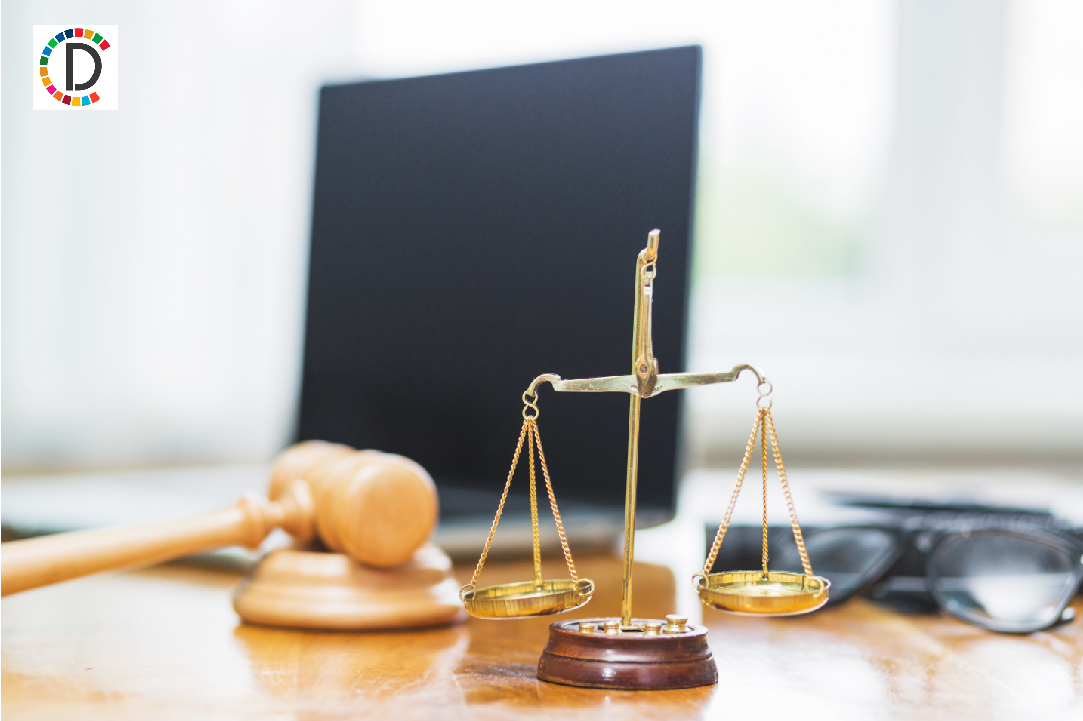Oath Keepers founder guilty of sedition in U.S. Capitol attack plot
They denied plotting any attack or seeking to block Congress from certifying the election results, though Watkins admitted to impeding police officers protecting the Capitol. Rhodes told the jury he had no plan to storm the Capitol and did not learn that some of his fellow Oath Keepers had breached the building until after the riot had ended.

Oath Keepers founder Stewart Rhodes, and another leader of the right-wing group, were found guilty on Tuesday of seditious conspiracy for the attack on the U.S. Capitol by Donald Trump supporters, an important win for the Justice Department. The verdicts against Rhodes and four co-defendants, after three days of deliberations by the 12-member jury, came in the highest-profile trial so far to emerge from the deadly Jan. 6, 2021, assault on the U.S. Capitol, a failed bid to overturn then-President Trump's 2020 election defeat.
Rhodes, a Yale Law School-educated former Army paratrooper and disbarred attorney, was accused by prosecutors during an eight-week trial of plotting to use force to try to block Congress from certifying Democratic President Joe Biden's election victory over Republican Trump. Rhodes was convicted on three counts and acquitted on two. One of his co-defendants, Kelly Meggs, was also found guilty of seditious conspiracy while the three others - Kenneth Harrelson, Jessica Watkins and Thomas Caldwell - were acquitted of that charge.
All five defendants were convicted of obstruction of an official proceeding - the congressional certification of the election results - with mixed verdicts on a handful of other charges. The charges of seditious conspiracy and obstruction of an official proceeding each carry a sentence of up to 20 years in prison.
Two more high-profile trials related to the attack are due to begin next month. Four other Oath Keepers members face seditious conspiracy charges, as do members of the right-wing Proud Boys group, including its former chairman Enrique Tarrio. James Lee Bright, an attorney for Rhodes, said he thinks the verdict will inform how the Justice Department proceeds on the other seditious conspiracy prosecutions.
"The return in this, even though we're not pleased with it, probably speaks to the fact that the DOJ is going to go full steam ahead in like fashion on all the others," Bright told reporters outside court. Rhodes, who wears an eye patch after accidentally shooting himself in the face with his own gun, is one of the most prominent defendants of the roughly 900 charged over the attack. Meggs, who heads the Oath Keepers' Florida chapter, was the only defendant besides Rhodes in this trial who played a leadership role in the organization.
Rhodes in 2009 founded the Oath Keepers, a militia group whose members include current and retired U.S. military personnel, law enforcement officers and first responders. Its members have showed up, often heavily armed, at protests and political events around the United States including the racial justice demonstrations following the murder of a Black man named George Floyd by a white Minneapolis police officer. A spokesperson for the U.S. Attorney's Office did not have an immediate comment on the verdict.
'MIXED BAG' Rhodes' lawyer Ed Tarpley called the verdicts "a mixed bag."
"We are grateful for the not guilty verdicts received. We are disappointed in the guilty verdicts," Tarpley told reporters outside court. "There was no evidence introduced to indicate there was a plan to attack the Capitol." Prosecutors during the trial said Rhodes and his co-defendants planned to use force to prevent Congress from formally certifying Biden's election victory. Meggs, Watkins and Harrelson all entered the Capitol clad in tactical gear.
The defendants were also accused of creating a "quick reaction force" that prosecutors said was positioned at a nearby Virginia hotel and was equipped with firearms that could be quickly transported into Washington. Fifty witnesses testified during the trial, including Rhodes and two of his co-defendants. They denied plotting any attack or seeking to block Congress from certifying the election results, though Watkins admitted to impeding police officers protecting the Capitol.
Rhodes told the jury he had no plan to storm the Capitol and did not learn that some of his fellow Oath Keepers had breached the building until after the riot had ended. Prosecutors during cross-examination sought to paint Rhodes as a liar, showing him page after page of his inflammatory text messages, videos, photos and audio recordings. These included Rhodes lamenting about not bringing rifles to Washington on Jan. 6 and saying he could have hanged U.S. House of Representatives Speaker Nancy Pelosi, a Democrat reviled by the right.
Watkins, a transgender woman who fled the U.S. Army after being confronted with homophobic slurs, and Caldwell, a disabled U.S. Navy veteran, also chose to testify. Watkins admitted to having "criminal liability" for impeding police officers inside the Capitol and apologized. At the same time, Watkins denied having any plan to storm the building, describing being "swept up" just as enthusiastic shoppers behave on "Black Friday" when they rush into stores to purchase discount-price holiday gifts like TVs.
Her attorney, Jonathan Crisp, told reporters he was "grateful" his client was acquitted of sedition. Caldwell, who like Rhodes did not enter the Capitol building and never formally joined the Oath Keepers, tried to downplay some of the inflammatory texts he sent around the attack. Caldwell said some of the lines were adapted from or inspired by movies such as "The Princess Bride" and cartoons such as Bugs Bunny.
Attorneys for both Harrelson and Rhodes told reporters after the trial they intend to appeal the convictions.
(This story has not been edited by Devdiscourse staff and is auto-generated from a syndicated feed.)
ALSO READ
U.S. Navy Thwarts Houthi Assault in Gulf of Aden
Republican Senators Waver on Tulsi Gabbard's Spy Chief Nomination
Debt Drama: Republican Rift and Trump's Challenge
Republican Spending Proposal Aims to Stop Government Shutdown
Top US House Democrat says Republican stopgap proposal is 'laughable,' media reports say










